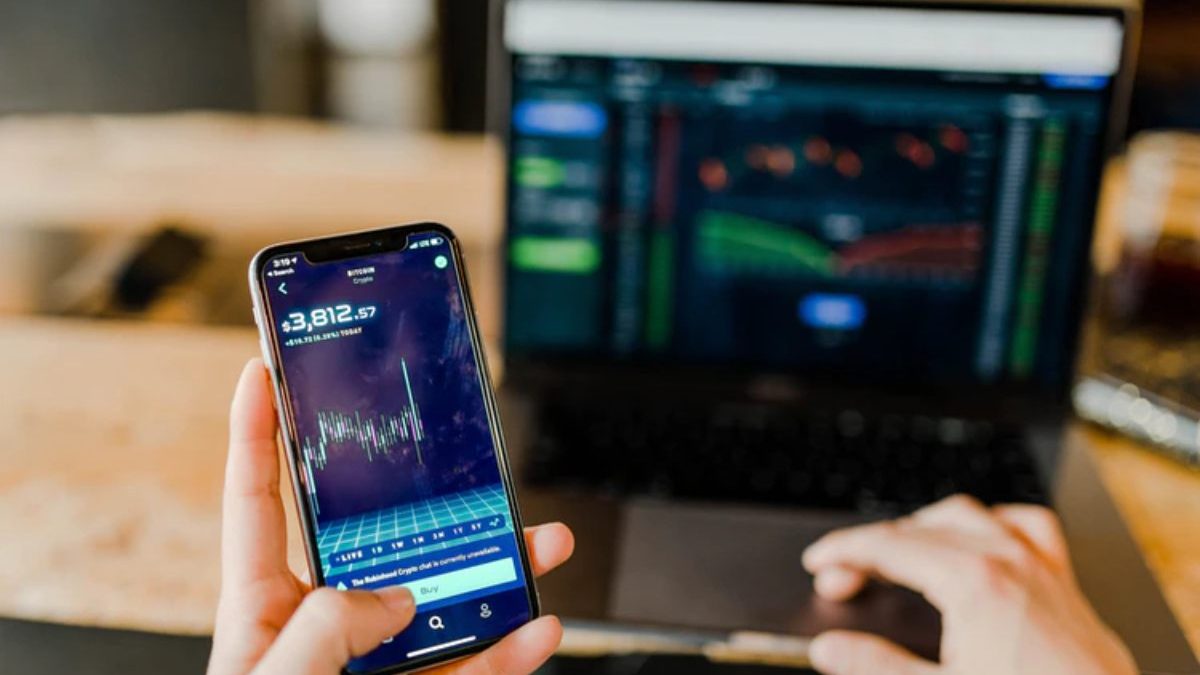Data protection The use and protection of data in this hyper-connected world is a constant concern of individuals, governments, and businesses.
Are recent days, the debate has focused on the National Institute of Statistics (INE), since it has announced that it will pay half a million euros to Movistar, Vodafone, and Orange, the largest operators of mobile telephony of the country, to access the data that allow the Study of the movement patterns of the Spaniards for eight days.
What is the Study about?
This is a pioneering experimental study in Europe that aims to replace the census questionnaire. The Study aims to access the locations and movements of cell phones on specific days in order to study the movements of the population, both daily and seasonal.
The data will be completely anonymous, so they will only be able to access the locations, but not the data of the number holders.
With the information are gathered, the usual movements of the population will be analyzed to determine where infrastructure needs to be strong, and areas where public services need to be strengthened.
Legal framework
The news troubled many, which is why the INE and the Statistical Office of the European Union (Eurostat) said the data is anonymous and the Study is completely legal.
Therefore, with the data provided by the operators, the movements of a single number cannot be traced because only the number of connected devices in each cell at a given time is counted.
This data transfer is a practice currently used by some municipalities and the Ministry of Public Works to improve their services.
This experiment undoubtedly marks the change taking place in this digital age where data is the most precious asset. It will therefore be up to lawyers specializing in Digital Law to prepare themselves to respond to these new challenges.
For this reason, from ICAM, we invite you to discover the Master in Digital Law, Innovation and Emerging Technologies. A application that objectives to teach the lawyers of the future.
The phrases records protection and records privacy a often used interchangeably, however there’s an critical difference between the 2. Data privacy defines who has access to the information, whilst facts protection presents tools and regulations to honestly restriction access to records. Compliance regulations assist ensure that organizations fulfill consumer privateness needs. And organizations are liable for taking steps to defend customers’ non-public records.
Data protection and privacy normally practice to private fitness statistics (PHI) and personally identifiable records (PII). It performs a essential function in business operations, improvement, and finance. By protecting statistics, organizations can save you facts breaches, damage to popularity, and higher meet regulatory requirements.
Data protection solutions are based totally on technologies together with records loss prevention (DLP), garage with built-in information protection. Firewalls, encryption, and endpoint safety.
Also Read: Work Management, Communication, And Coordination
In this newsletter, you may learn:
What is information safety?
What is statistics privateness, and why is it important?
Data protection vs. Data privacy
Data safety practices and technologies
Best practices for making sure records confidentiality
Data Protection and Privacy with Cloudian HyperStore
What is information privateness, and why is it vital?
Data privacy is a guiding principle on how facts ought to be accumulate or procedure, relying on its sensitivity and significance. Data privacy typically applies to personal health statistics (PHI) and in my view identifiable information (PII). This includes financial information, medical facts, social protection or identity numbers, names, dates of delivery, and call info.
Data privateness allows ensure that touchy facts is handiest accessible to depended on events. It prevents criminals from the usage of data maliciously and allows make certain that corporations follow regulatory requirements.

